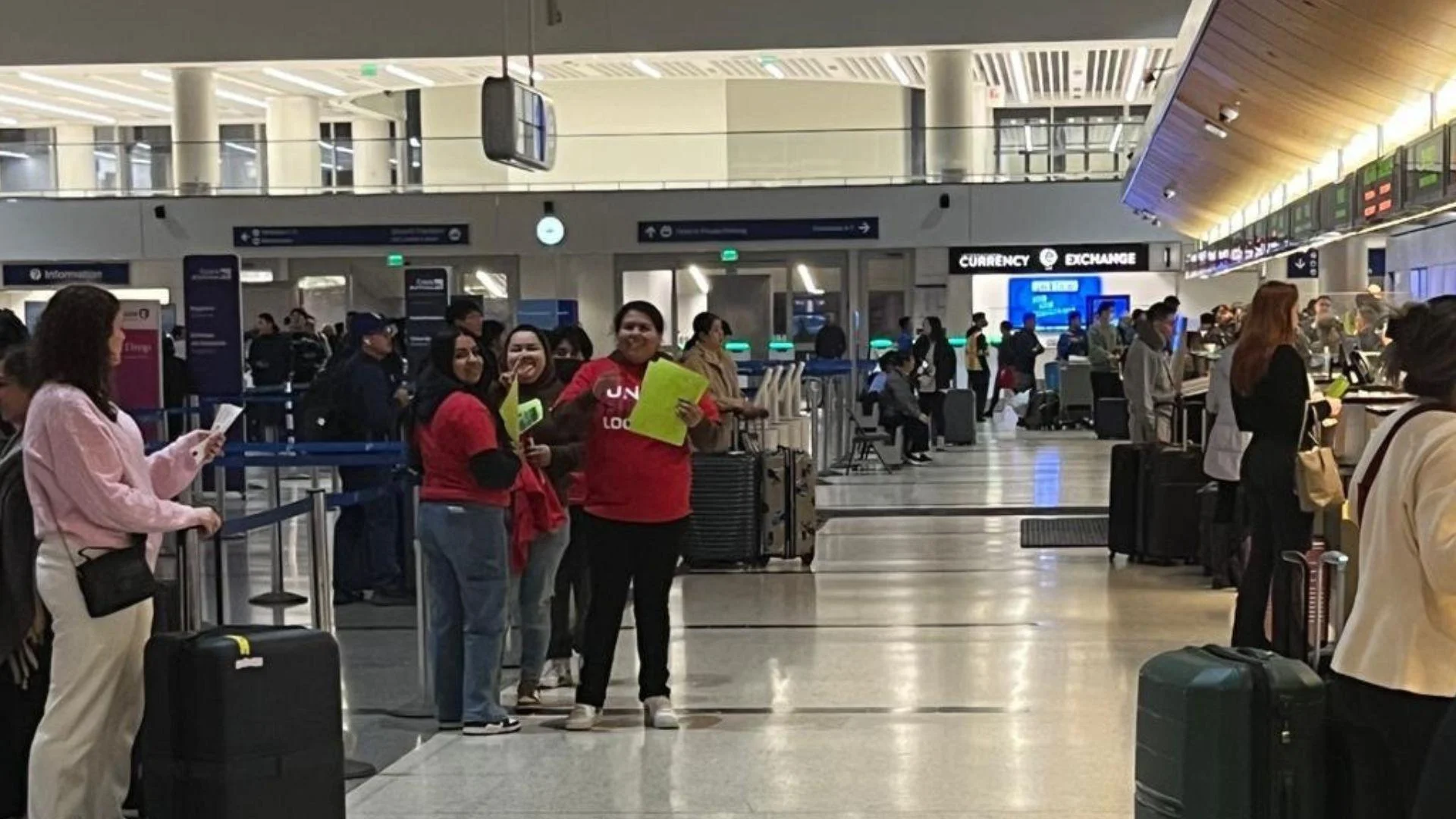"I realize that there's probably nothing I could've done to prevent what happened. I've come to terms with that," Allex said.
In another account, Dick Cheney ordered United Flight 93 to be shot down. Lt. Heather "Lucky" Penney scrambled her jet without missiles for a potential suicide mission to intercept the civilian plane. However, passengers on Flight 93 took matters into their own hands, leading to its crash in Pennsylvania after a struggle with hijackers.
Passenger Todd Beamer's words "Ok. Let’s roll" became emblematic of the passengers' bravery.
The aftermath of 9/11 saw profound changes in aviation security and personal experiences for many. Washington National Airport remained closed longer than others due to its proximity to key government sites. Airfares briefly rose despite decreased demand as only essential travelers flew.
Airport security underwent federalization with the creation of the TSA under the Department of Transportation before it moved to Homeland Security. Secondary gate screenings were introduced while some previous norms like carrying liquids through checkpoints persisted for several more years.
The legacy of 9/11 includes reinforced cockpit doors and a shift in passenger behavior towards hijackings—no longer remaining passive but actively resisting threats.
Daily reminders of 9/11 lingered for those commuting past sites like the Pentagon or working near affected areas. For some, flying did not become scarier due to these constant reminders of resilience against danger.
Reflecting on how different entities commemorated or capitalized on this tragedy reveals mixed feelings among survivors and witnesses. The legacy is marked by both unity and prolonged conflicts abroad and increased domestic security measures perceived by some as overreaching.
 Alerts Sign-up
Alerts Sign-up




































